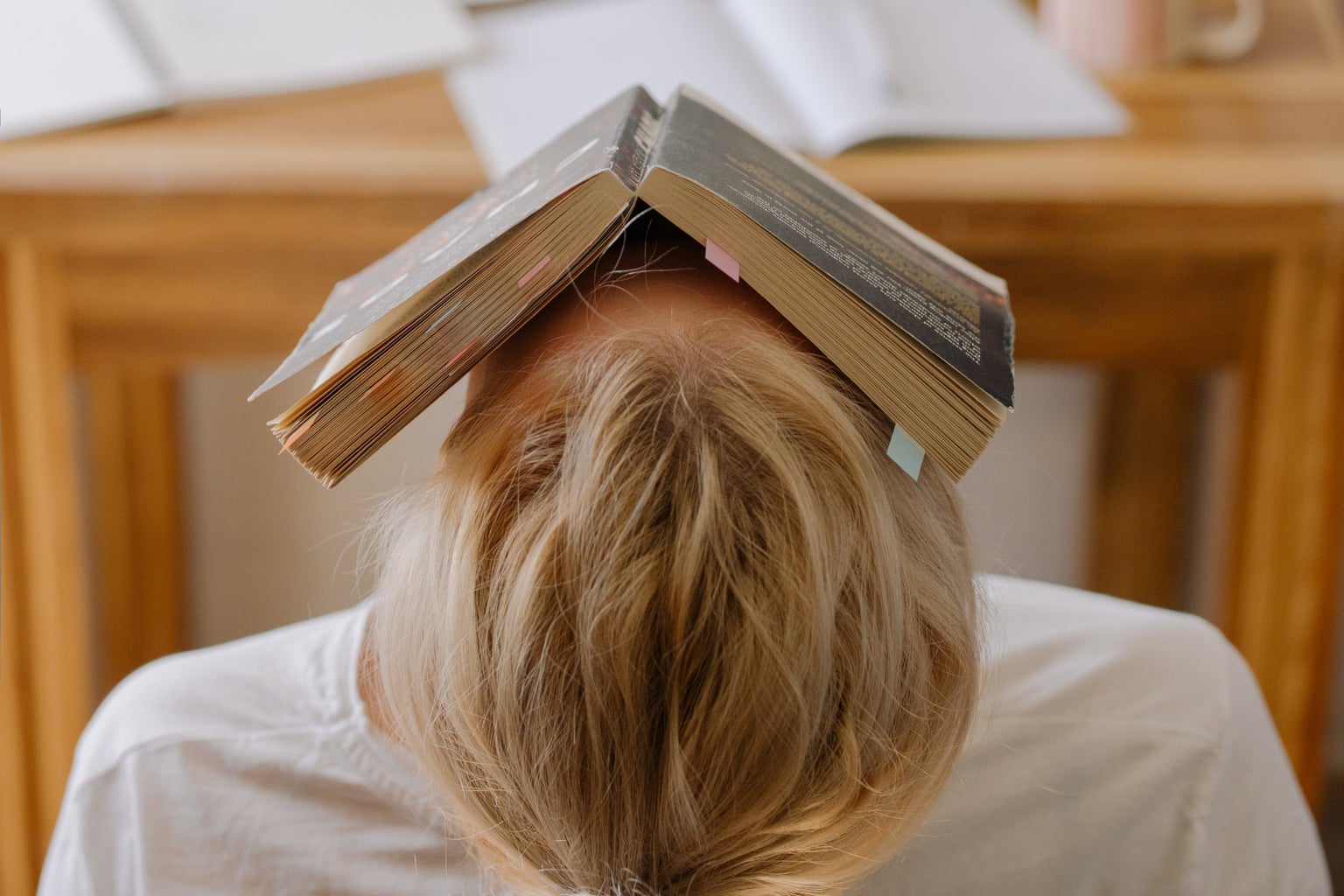As a college student, there are lots of fun ways to spend your time: hanging out with friends, taking weekend trips, or having movie nights and sleepovers. But as every college student knows, life in college is not all about having fun. There comes a time when hard work must be put in. Between classes, jobs, homework, and exams, life can be stressful for the average college student – especially if they do not know how to study effectively. So today, let’s look at some study tips to help you get through your classes.
Turn your phone off – or put it across the room
Turning your phone on silent may help eliminate notifications, but turning it off completely or putting it across the room helps prevent you from getting on it in general. Of course, this may not solve the problem entirely, but the extra effort of having to walk to get it or having to take the time to turn it back on will deter you from looking at it every couple of minutes.
Switch up your study space
Sometimes it is necessary to study in your room at your desk, but spending many hours straight sitting there may do more harm than good when it comes to studying. Every couple of hours, try out a new spot; the library or a study room can be just as quiet and just as effective as studying in your room. Studying outside can also be nice, especially if the weather cooperates! The fresh air and new location can help boost your productivity.
Take breaks
We all know studying for five hours without so much as a bathroom break is simply going to get you nowhere. So, try to take breaks every now and then – it doesn’t have to be every 25 minutes as the pomodoro method suggests if you find that doesn’t work for you – but taking the time to get up and stretch or simply give your brain a break can be a helpful studying technique.
Chunk it
Dividing your work up into chunks makes it much more manageable, whether you do that through flashcards, reading sections, parts of an essay, or anything else. Visualizing work as being three 20-minute tasks can make it seem much more manageable than a one-hour assignment. It also makes taking breaks easier because you can take a break each time you finish a predetermined section.
Switch up your study mode
Studying in pajamas or lounge wear can be a great way to make you feel more comfortable while studying and can help increase productivity. However, sometimes putting on a good outfit – such as business casual, or simply something you feel put-together in – can ensure you stay in the work mindset.
Use mint!
The smell of peppermint has been proven to increase memory and retention skills when studying. It also helps provide a sense of a clean, fresh space which helps you feel more productive. So, get those diffusers out – or chew mint gum!
Don’t forget about nourishment
Make sure to fuel your brain by taking time for a meal, or at least regular snacks. Your brain cannot think when it is hungry. The same goes for water; staying hydrated is key to functioning well. So, while water is best, tea, coffee, or any sort of drink that makes you feel better is great to keep you motivated during those long study sessions.
Music!
Music is a great way to help keep you from getting distracted because it blocks out the background noise. Any sort of white noise is also great for this because it minimizes potential distractions to keep you focused. If using music, try and stay away from anything with lyrics because that will only add to the distraction – try out classical music, jazz music, or even movie soundtracks!
Time management
Time management is such an important skill to develop in life and learning how to effectively manage your time is essential for any college student. Using a planner or calendar to manage your due dates is one great way to keep up on those assignments. Using reverse engineering, you can break down your assignments into parts and figure out how long it would take to complete each of those parts – thereby knowing when you need to start each assignment and putting those dates in your calendar as well.
Learn to ask for help
At the end of the day, no one is perfect, and no one is going to be perfect at every skill right away. So, learn to ask for help – and where to ask. Office hours are great for help from professors and instructional assistants, and tutoring centers are great for peer-led help, especially since they have usually taken the course you need help with already. And do not forget about classmates – they may have written down instructions you forgot about, or they might have an approach to the subject that helps you learn it better. So, reach out to people, see if they understand what is going on, and ask if they want to grab coffee and study together. That makes studying more fun too!
Learn to say no
Learning to say no to things is vital to managing your time and staying on track with studying. As much fun as it is to study with other people, sometimes it is more distracting than helpful. And when people invite you to do fun things or hang out when you need to study for an exam or have an assignment deadline coming up, it is important to remember that your schooling is important. The time to hang out and spend quality time with your friends will come again, so allow yourself to set that boundary.
Remember!
Remember that at the end of the day you are privileged to be able to study and learn freely in college. Even if the content you are learning in a particular class will never come up again in your career, you are still learning other skills like discipline, integrity, time management, and potentially even leadership. This time in your life will not last forever, so be grateful for every moment – even the moments you have to fill with studying.
And take care of yourself – you’ve got this.




